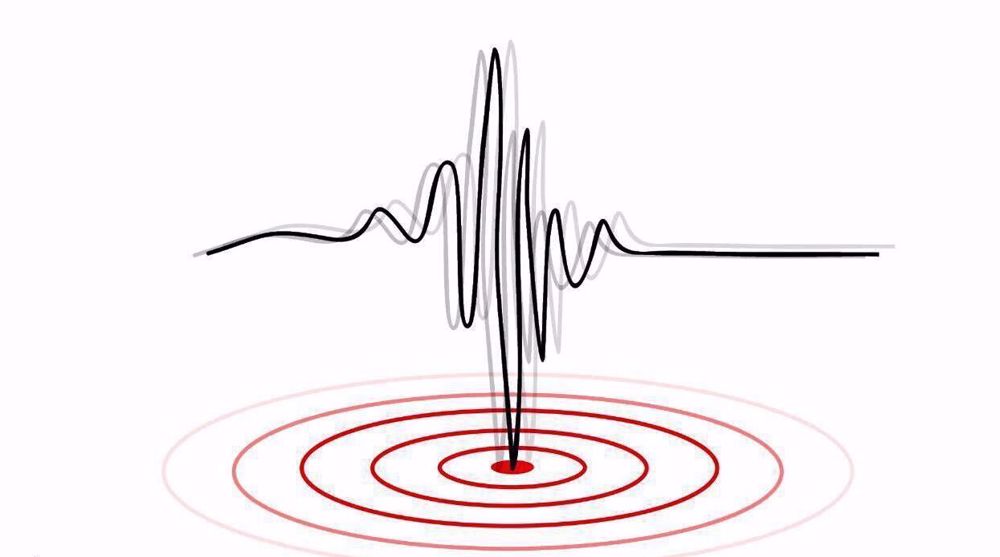Hawking, Chomsky, Musk and 1,000 other experts warn of AI arms race
Renowned physicist Stephen Hawking, philosopher Noam Chomsky, leading technologist Elon Musk and thousands of other high-profile experts have called for the banning of “killer robots” with Artificial Intelligence in an open letter.
The open letter was due to be presented at the International Joint Conference on Artificial Intelligence in Buenos Aires, Argentina, on Tuesday.
“AI technology has reached a point where the deployment of [autonomous weapons] is – practically if not legally – feasible within years, not decades, and the stakes are high: autonomous weapons have been described as the third revolution in warfare, after gunpowder and nuclear arms,” the letter read.
Apple co-founder Steve Wozniak and Google DeepMind chief executive Demis Hassabis also signed the letter. The letter and a complete list of the signatories are available here.
According to the letter’s signatories, intelligent offensive weapons would lower the threshold of going to battle and thus result in a higher loss of human life.
The mass development of autonomous weapon systems would launch an arms race, such as the one that was triggered over the atom bomb, with the difference that AI does not require specific hard-to-create basic materials, they argued.
“The endpoint of this technological trajectory is obvious: autonomous weapons will become the Kalashnikovs of tomorrow. The key question for humanity today is whether to start a global AI arms race or to prevent it from starting,” the high-profile experts noted.
“Autonomous weapons are ideal for tasks such as assassinations, destabilizing nations, subduing populations and selectively killing a particular ethnic group,” they added.
In May 2015, Musk, the CEO at the Space Exploration Technologies Corporation (SpaceX) and electric car manufacturer Tesla Motors and one of the founders of Pay Pal online payments system, also voiced his concerns over the matter.
In 2014, Hawking said attempts to create machines capable of thought could lead to the end of the human race.
"It would take off on its own, and re-design itself at an ever increasing rate," he said. "Humans, who are limited by slow biological evolution, couldn't compete, and would be superseded."
‘All wars have rules. All of those rules have been broken’ by Israel
VIDEO | Report flags India’s violation of rights of Rohingya detainees
Turkey's foreign minister meets Syria's de facto leader in Damascus
'Next to impossible' to rescue patients from Gaza's Kamal Adwan Hospital: Director
VIDEO | Vietnam current prosperity
Report blames gasoil exports for shortage at Iranian power plants
VIDEO | Hind Rajab Foundation names Israeli war criminals vacationing after Gaza genocide
VIDEO | Australians rally for Gaza ahead of Christmas festivities










 This makes it easy to access the Press TV website
This makes it easy to access the Press TV website